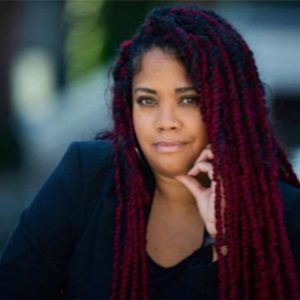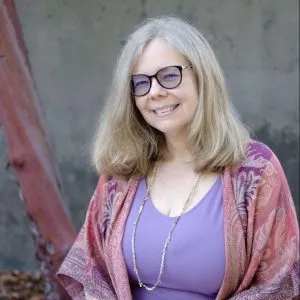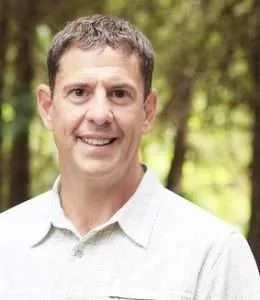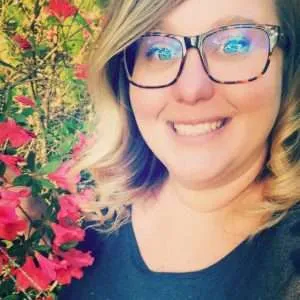Editorial Note:
This profile of Dr. Maro Youssef is brought to you through a joint collaboration between Applied Worldwide and Sociologists for Women in Society (SWS). Thank you to SWS and all those who made valuable contributions to the Profiles in Applied & Clinical Sociology series.
This profile is presented as part of a larger project with the intentions of: 1) providing students with examples of applied sociology, 2) providing market value to sociological skills and services, and 3) promoting the work of individual sociological practitioners and organizations.
Dr. Maro Youssef:
Dr. Maro Youssef is “a consultant for private and public firms interested in connecting the local to the global.” She first earned her BA in History, followed by an MA in Middle East Studies and a PhD in Sociology. The clients Dr. Youssef attracts with her consulting work “are those who are interested in empowering previously marginalized individuals and helping to integrate them into democratic processes.” When we asked her how she established herself as an applied professional, she told us:
I have eight years of foreign policy experience as a civil servant at the U.S. Department of State where I worked on issues related to human rights, women’s rights, security, politics, and intelligence in the Middle East and North Africa.
Read the full interview with Dr. Youssef below to learn more about her applied sociological work! You can also connect with her further on LinkedIn or Twitter.
Using Sociology in Practice
To begin, can you briefly describe the work you do as an applied or clinical sociologist?
My specialization is in political sociology, gender politics, democratization, civil society, foreign policy, and the Middle East and North Africa. I work with policymakers and activists on the ground to ensure women from the Global South are supported and protected by the international community.
In general, how do you use sociology in practice?
I think about the importance of structure and local contexts.
How do you use sociological research methods in practice?
I draw on ethnography and interviews with local and global actors.
Lessons for Future Practitioners
What types of courses should undergraduate students take in preparation for a career similar to yours?
- U.S. Foreign Policy
- Grant-writing
- Civil society
- Gender Politics
- Middle East and North Africa
What types of courses should graduate students take in preparation for a career similar to yours?
- U.S. Foreign Policy
- Grant-writing
- Civil society
- Gender Politics
- Middle East and North Africa
What types of experiences should undergraduate students seek in preparation for a career similar to yours?
Foreign policy internships.
What types of experiences should graduate students seek in preparation for a career similar to yours?
Foreign policy internships.
Ideas for internships provided by Dr. Youssef include:
- U.S. Department of State
- USAID
- United Nations
- A congressperson’s or senator’s office (foreign policy team)
- Congress
- National Democratic Institute
- United States Institute of Peace
- National Republican Institute
- National Endowment for Democracy
- Various Think Tanks (RAND, Carnegie, Brookings, Project on Middle East Democracy, etc.)
More generally, what are the best outlets to learn more about the work you do as an applied or clinical sociologist?
Op-eds in Opendemocracy, New Arab, Carnegie Endowment, Houston Chronicle.
What advice do you have for aspiring applied and clinical sociologists?
Invest in your communities.








